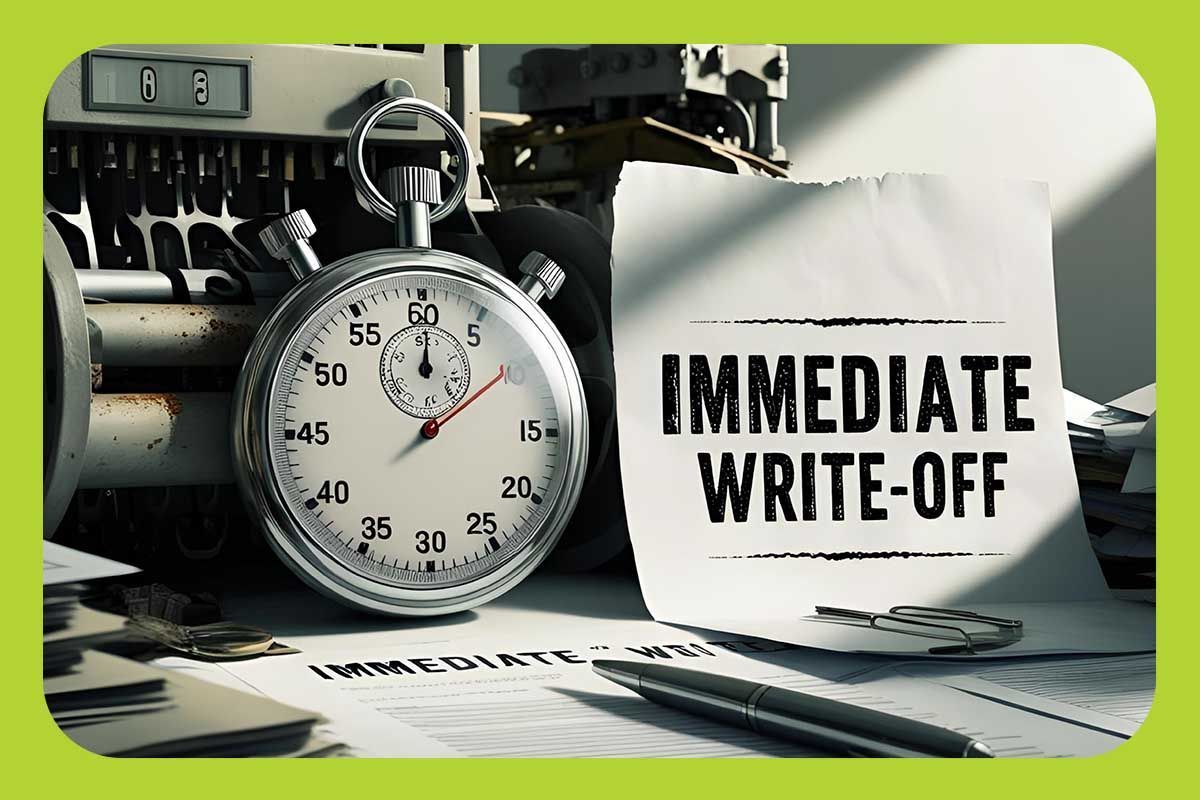
As energy costs rise, many homeowners are looking for ways to make their homes more efficient and reduce expenses. Fortunately, recent tax breaks and energy incentives can help you save money on upgrades and lower your monthly bills. This article breaks down the latest government programs, tax credits, and incentives available for homeowners interested in making energy-efficient improvements.
Tax Credits from the Inflation Reduction Act
One of the most significant sources of energy incentives for homeowners comes from the Inflation Reduction Act (IRA) passed in 2024. This legislation offers a range of tax credits aimed at encouraging homeowners to invest in energy-efficient home improvements. The IRA provides up to a 30% tax credit for energy-efficient upgrades, including installing solar panels, heat pumps, insulation, and energy-efficient windows and doors.
The most substantial benefit is the Residential Clean Energy Credit, which allows homeowners to claim a tax credit of 30% on the cost of installing solar panels, wind turbines, geothermal heat pumps, and battery storage systems through 2032. This credit can significantly reduce the overall cost of these installations, making renewable energy more accessible. “The goal of this incentive is to encourage homeowners to adopt clean energy technologies that will not only lower their utility bills but also contribute to a reduction in carbon emissions,” explains Steve Nadel, Executive Director of the American Council for an Energy-Efficient Economy.
In addition to solar panels, the IRA also includes the Energy Efficient Home Improvement Credit, which offers up to $1,200 annually in tax credits for other energy-saving upgrades like insulation, efficient HVAC systems, and smart thermostats. This means that homeowners can save money every year on projects that reduce their home's energy consumption.
Mortgage Incentives for Energy Efficiency
Apart from direct tax credits, recent updates to mortgage rules now make it easier for homeowners to finance energy-efficient improvements. The Department of Housing and Urban Development (HUD) announced a new initiative called the Green Mortgage Insurance Premium Reduction program. This program offers reduced mortgage insurance premiums for homeowners who make energy-efficient upgrades to their properties, potentially saving them thousands of dollars over the life of their mortgage.
According to HUD, eligible homeowners who upgrade their homes to meet energy efficiency standards, such as Energy Star or Home Energy Rating System (HERS) Index requirements, can qualify for these reduced premiums. “These mortgage incentives are designed to make energy-efficient upgrades more affordable for middle-income families, helping them save money on both their monthly energy bills and their mortgage payments,” says HUD Secretary Marcia L. Fudge.
Additionally, the Federal Housing Administration (FHA) now allows borrowers to include the cost of energy-efficient improvements in their mortgage through the Energy Efficient Mortgage (EEM) program. This means homeowners can finance upgrades like new insulation, solar panels, or more efficient heating and cooling systems as part of their mortgage, making it easier to afford these long-term savings.
How Homeowners Can Benefit from These Incentives
Taking advantage of these tax breaks and incentives can lead to substantial savings, but it's important to understand how to make the most of them. Here’s how homeowners can leverage these opportunities:
- Start with an Energy Audit: Before making any upgrades, consider having an energy audit performed on your home. An audit will identify the most cost-effective improvements, allowing you to prioritize projects that will maximize your savings. Many utility companies offer free or discounted energy audits to help homeowners get started.
- Research Eligible Tax Credits and Rebates: The Inflation Reduction Act covers a wide range of home improvements, from solar panels to new HVAC systems. Visit the IRS website or consult with a tax professional to understand which credits apply to your projects and how to claim them. Don’t forget to save receipts and documentation for tax filing purposes.
- Consider Financing Options: If you’re planning significant upgrades, explore the Green Mortgage Insurance Premium Reduction program or the Energy Efficient Mortgage program. These financing options can help reduce the upfront costs of energy-efficient improvements, making them more accessible.
- Look for State and Local Incentives: In addition to federal programs, many states and municipalities offer their own incentives for energy-efficient home improvements. Check with your state energy office or local utility company for additional rebates and incentives that can help you save even more.
The latest tax breaks and energy incentives offer homeowners a valuable opportunity to make their homes more energy-efficient while saving money. From the Inflation Reduction Act’s generous tax credits to the mortgage incentives provided by HUD, there are numerous ways to reduce the costs of home improvements and lower your energy bills. By taking advantage of these programs, you can make a positive impact on both your wallet and the environment.
Now is the time to explore these options and start investing in a more energy-efficient future for your home.
Book a call with Nth Degree CPAs now to explore how to build energy savings into your tax strategy.


Website imagined and executed by RivalMind.
All Rights Reserved | Nth Degree CPAs

